Ten oligarch properties frozen in Switzerland
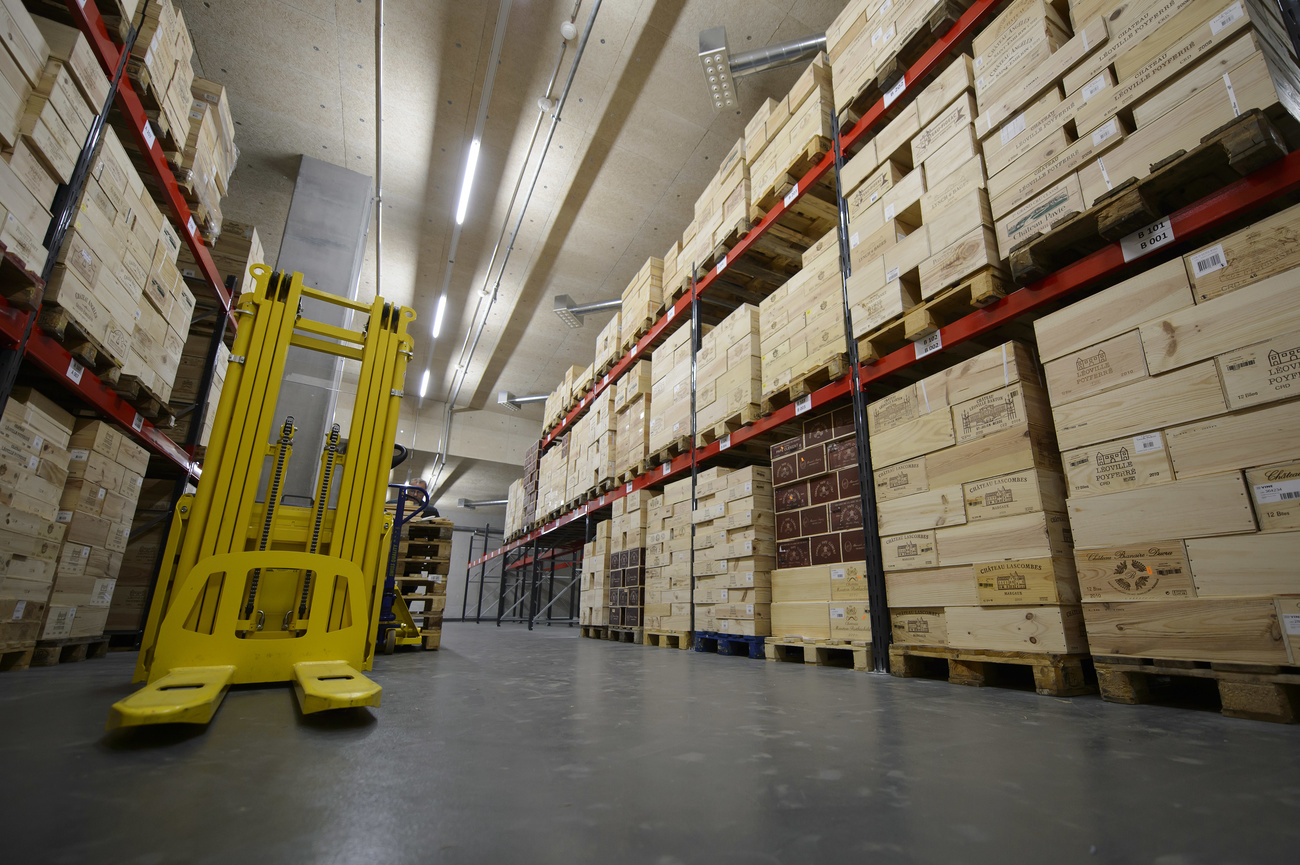
Swiss cantons have so far reported ten properties belonging to Russian oligarchs which are now ”frozen” in line with sanctions measures, a government spokesman said on Sunday.
Fabian Maienfisch, spokesman for the State Secretariat for Economic Affairs (SECO), was confirming a report in the NZZ am Sonntag newspaper, but did not wish to give further details. These properties may no longer be sold or rented.
According to the NZZ am Sonntag, the ten houses or apartments are in four different cantons, including Bern and Geneva. It writes that one is a holiday home in the Bernese Oberland belonging to oligarch Piotr Awen, former head of Russia’s largest commercial bank, Alfa-Bank.
Total assets seized are worth CHF5.75 billion ($6.2 billion), writes the paper, citing SECO. It is not clear how much of this is properties. Money laundering expert Daniel Thelesklaf tells the paper he fears a lot of oligarch assets may never be found. He says that after the first sanctions on Russia for its 2014 annexation of Crimea, these oligarchs have had years to prepare for new ones and hide their money.
Also in connection with the sanctions, SonntagsBlick reports that Swiss customs officials have been conducting inspections of freeports for assets of sanctioned oligarchs such as artworks. However, they have only found one case, the paper writes.
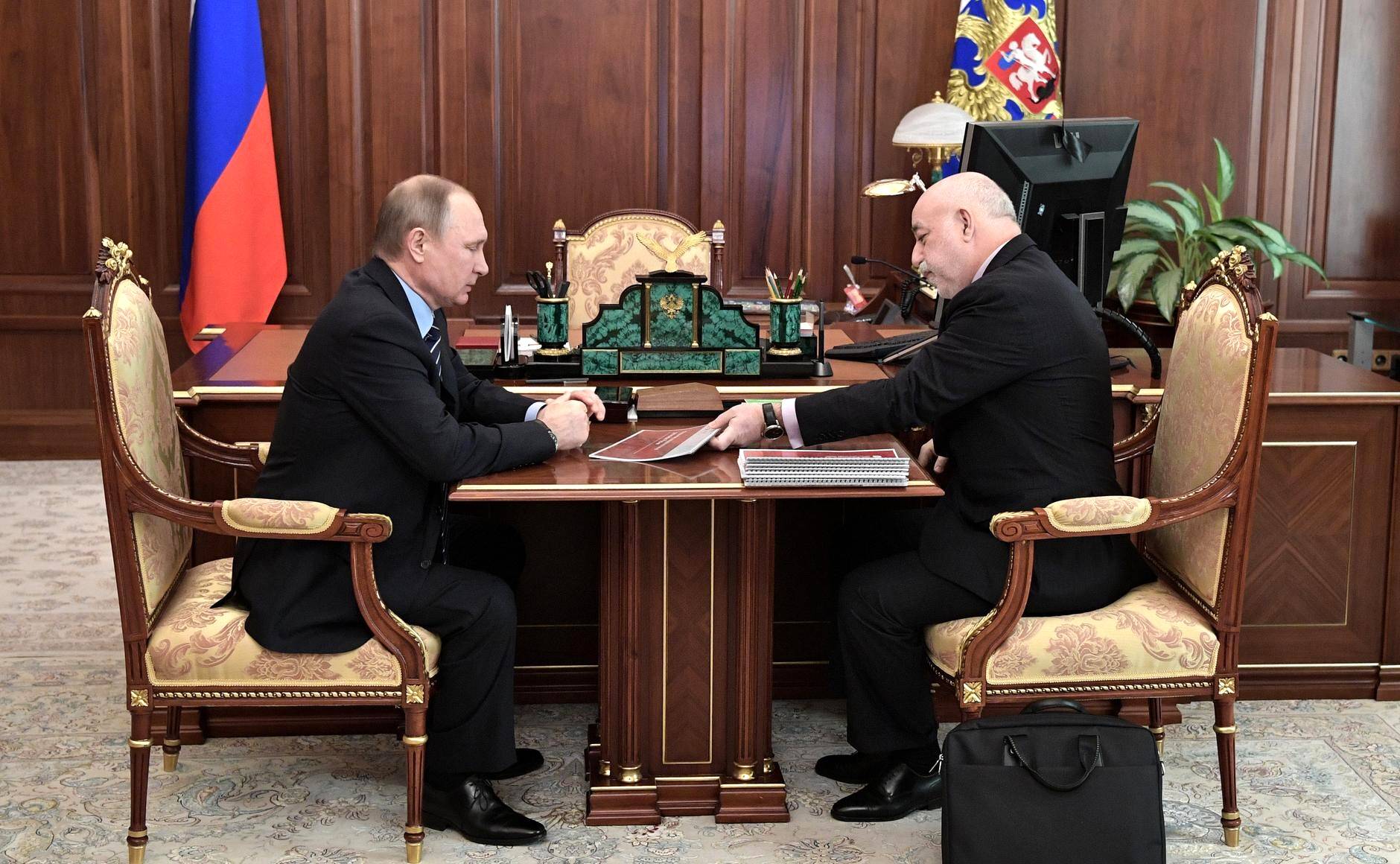
More
Meet the oligarchs: Switzerland’s awkward guests
‘Golden visas’
Meanwhile, a coalition of left-wing and Green parties are planning a parliamentary initiative to end so-called “golden visas”, reports Le Matin Dimanche. Cantons can fast-track these residency permits to wealthy applicants for reasons of “public interest”, notably tax revenue. The newspaper says that 693 golden visas were issued between 2008 and the end of 2019. Russians were the primary beneficiaries up to 2017, before being overtaken by Chinese.
Le Matin Dimanche says finding a parliamentary majority to end the practice may be difficult, but quotes proponents as saying they also want to provoke a public debate on the issue.

In compliance with the JTI standards
More: SWI swissinfo.ch certified by the Journalism Trust Initiative
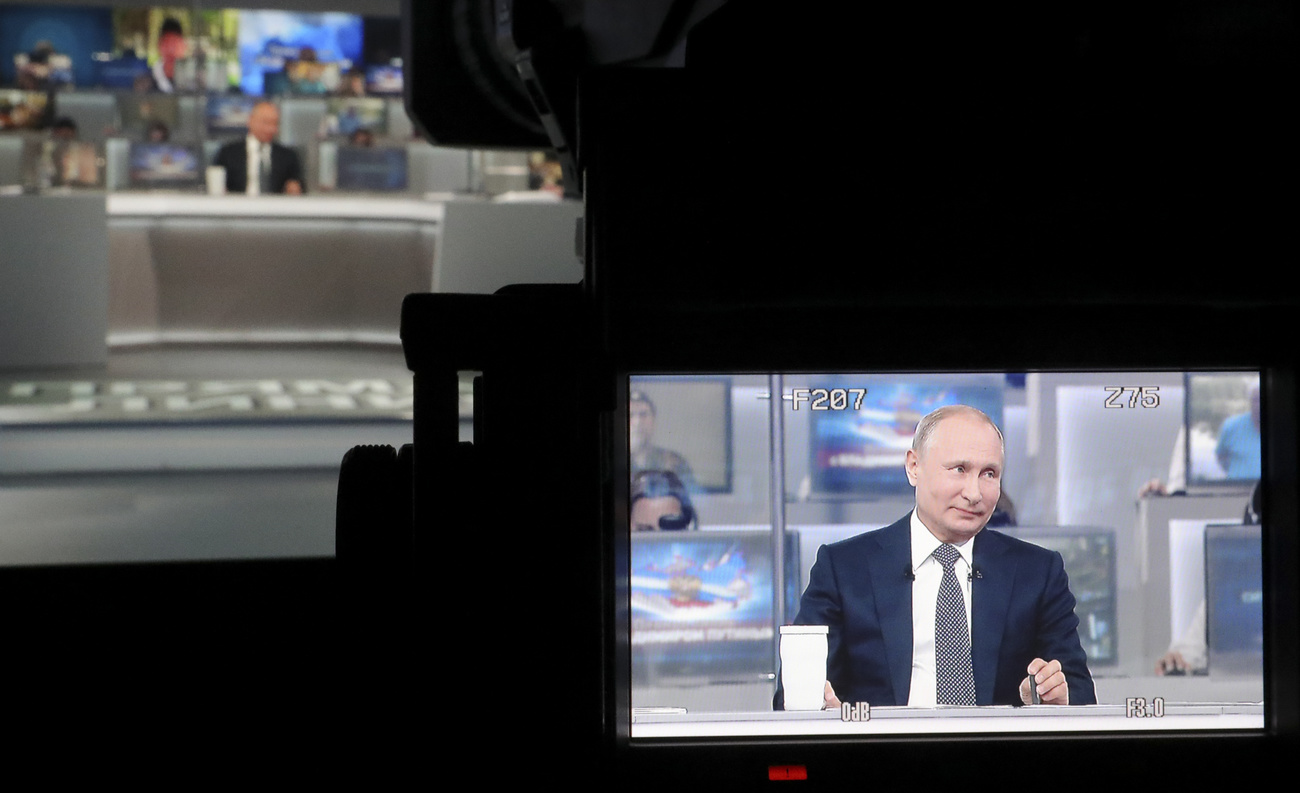
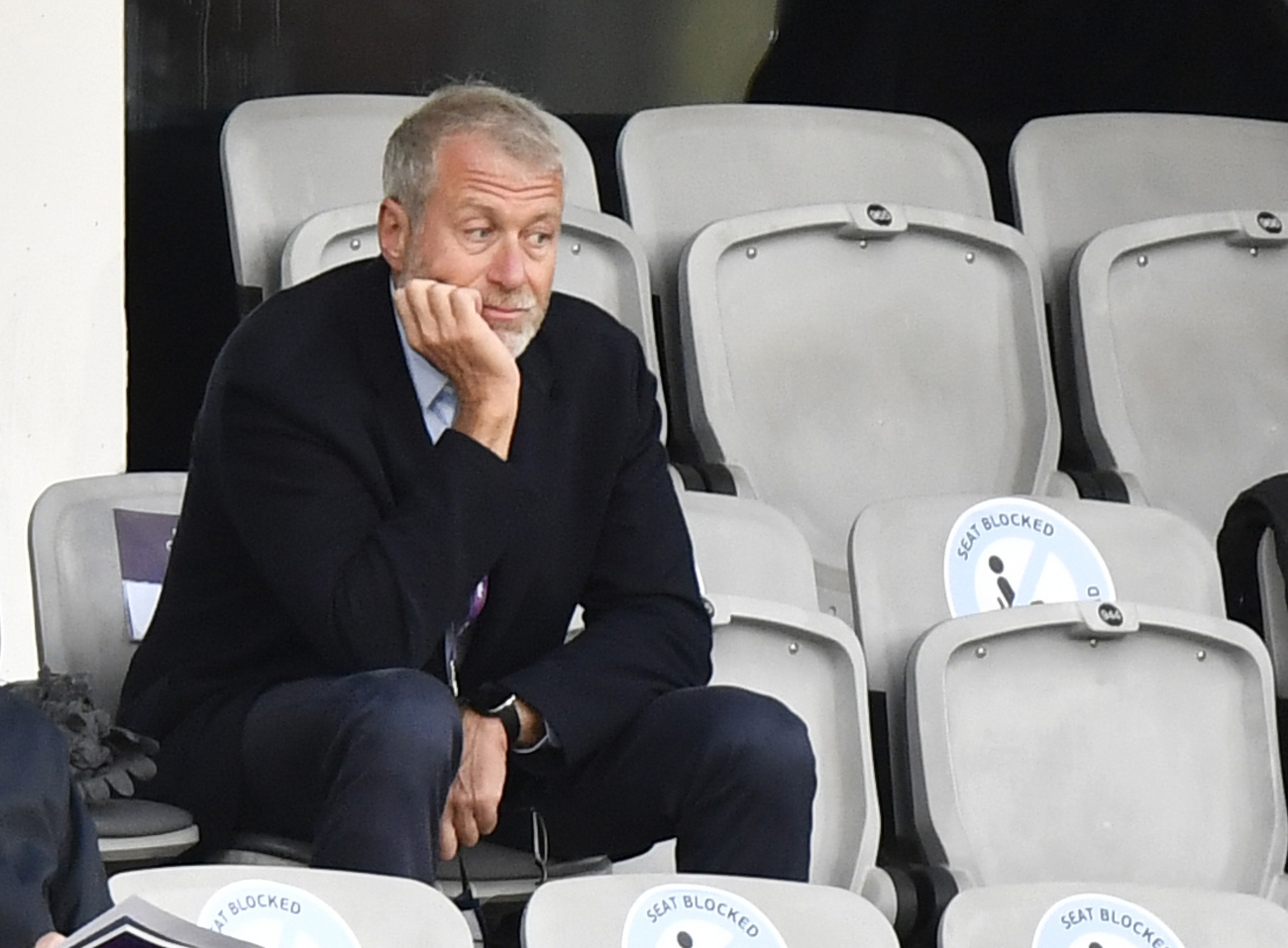
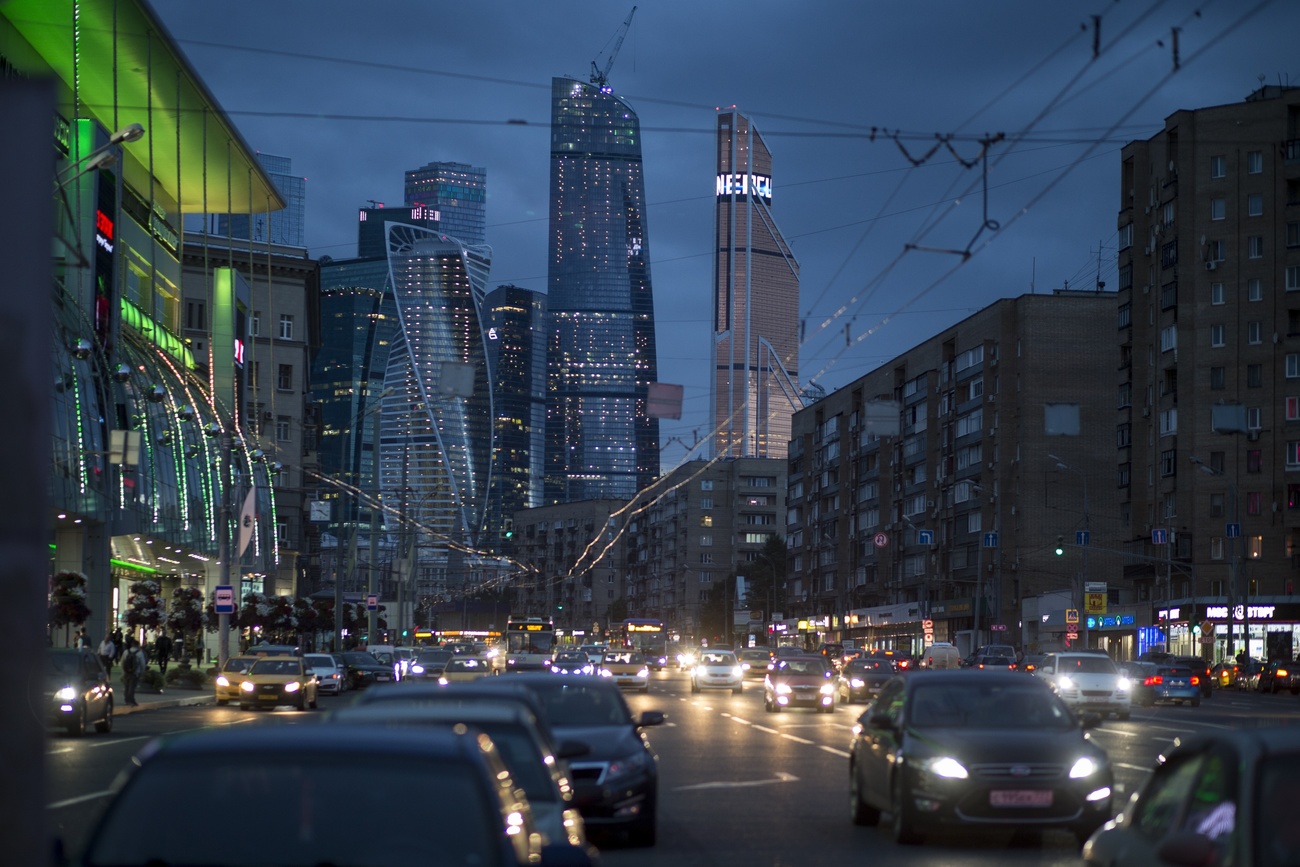
You can find an overview of ongoing debates with our journalists here. Please join us!
If you want to start a conversation about a topic raised in this article or want to report factual errors, email us at english@swissinfo.ch.